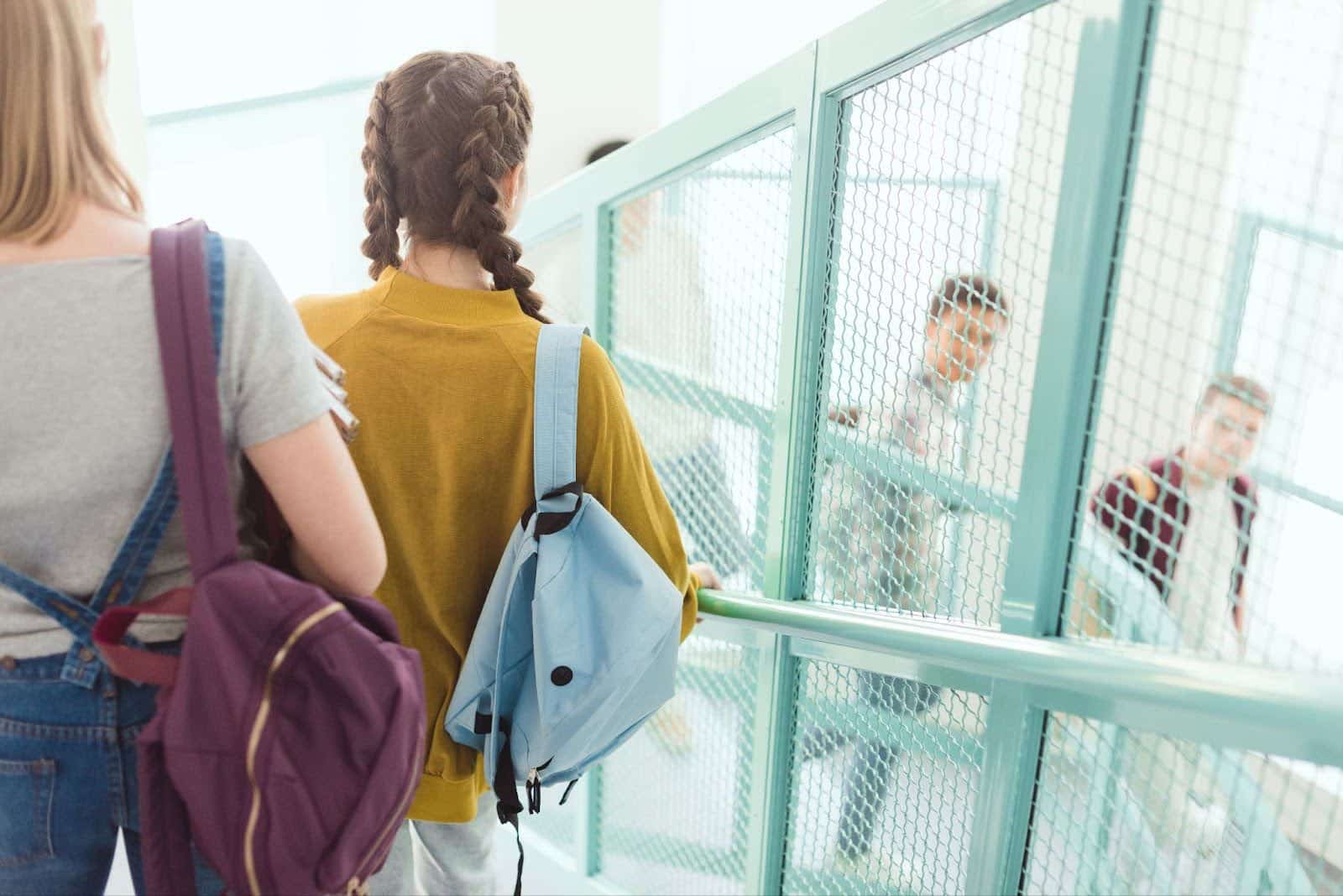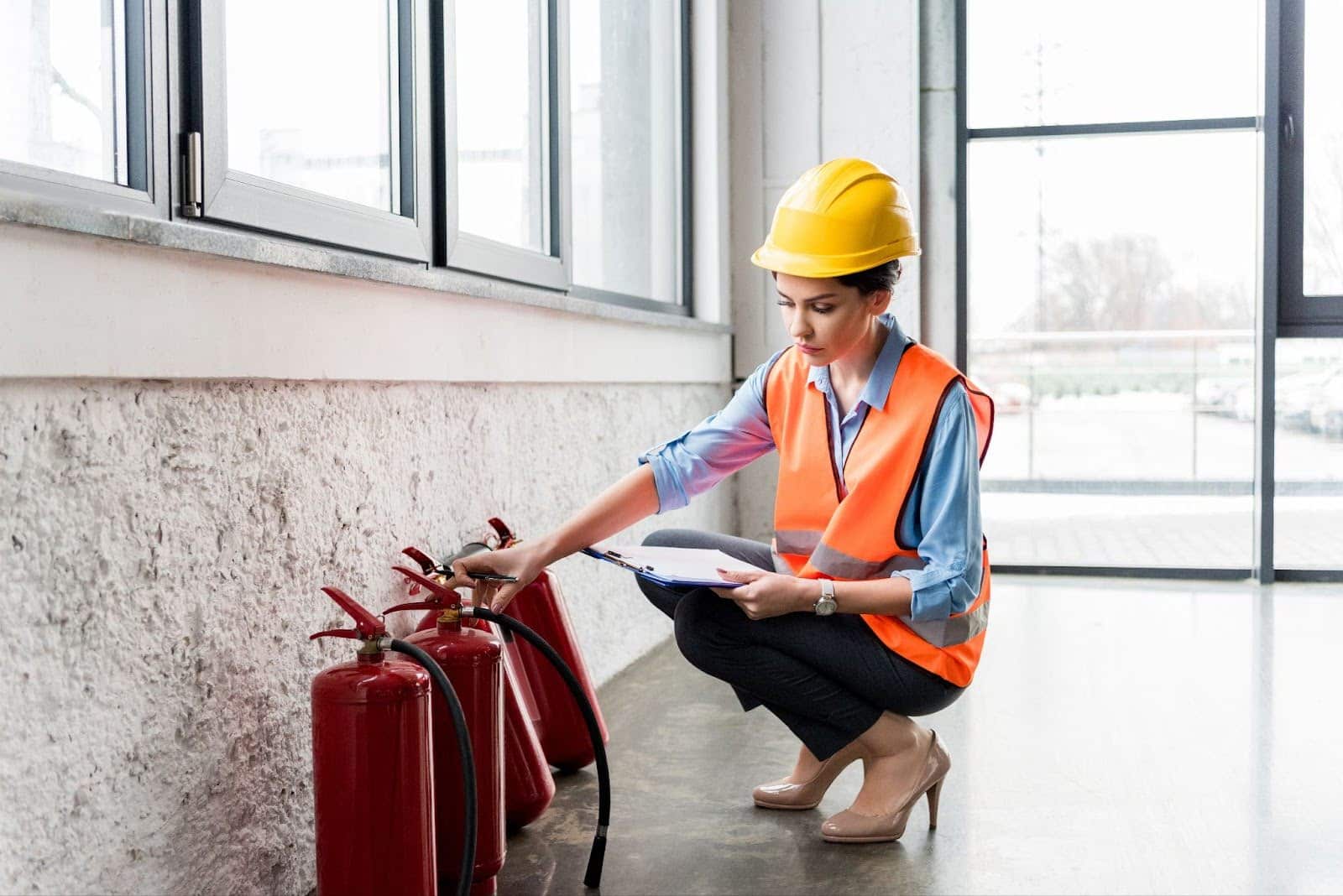
Open Window Security: Should I Leave My Window Open at Night?
When it comes to open windows, there’s no contest. Everyone loves a little fresh air.
And it certainly doesn’t hurt when that cool, extra airflow can replace your air conditioning and lower your energy bills.
Open windows come with plenty of perks, but might not always be the safest solution when you need a soft breeze or some ambient noise to lull you to sleep.
Before you fling open your window tonight, there are a few things you should know — including the danger in which you could be putting yourself.
If you’re a sleep-with-the-window-open kind of person, keep reading to learn everything you need to know about open window security.
Contents:
Leaving Windows Open at Night: Is It Safe?
Three Ways to Secure Your Windows When They’re Open
Leaving Windows Open at Night: Is It Safe?
So, is it safe to keep your windows open at night?
We know you’re probably hoping for a cut-and-dry answer, but that’s not an option here.
The answer to this question can vary. It all depends on which windows you leave open, how much you open them, and whether you take extra measures to secure them from the inside.
To protect against break-ins and other criminal activity, it’s safest to lock all windows before you go to bed. Burglars and other would-be criminals look for crimes of opportunity, and an open window is a huge opportunity!
Here’s a closer look at the risks involved when leaving different types of windows open at night.
Ground Floor Windows
According to ADT, 23% of burglars use a first-floor window to gain entry to a home.
Only 2% of criminals attempt to enter through a second-story window. If you’re wondering if you should leave a first-floor window open at night, the answer is NO.
Never leave windows open if they are accessible from outside. Basement windows and ground floor windows should be locked at night, whenever you’re sleeping, or whenever you’re not at home.
Though we’re talking about windows today, it’s worth pointing out that 34% of burglars use an unlocked front door to gain entry into a home. So whether you choose to leave your windows open or not, always make sure your doors are locked and secured.
Keep in mind that the most common times for break-ins are in daylight, between 10 a.m. and 3 p.m. While some thieves prefer the cover of darkness, most prefer to break in during the day when they don’t think anyone is home. Whether it’s daytime or nighttime, always keep ground-floor windows closed and locked when you’re not at home.
Second Floor Windows
If you choose to leave your second or third-story windows open while you’re sleeping, make sure that they are not accessible from outside. That includes any window that could be accessed by climbing a tree, a drainpipe, or a trellis, among other things.
It’s also important not to leave any items outside that a burglar could use to climb and reach an open window, such as a ladder.
Three Ways to Secure Your Windows When They’re Open
Perhaps you’ve decided that you’re comfortable leaving your second or third-story windows open at night.
Even so, it’s still highly recommended that you never leave your windows unlocked or open them all the way. The bigger the opening, the easier it is for someone to gain entry.
Unlocking a window and cracking it open — even an inch — creates a vulnerability that is all too easy for a burglar to exploit.
If anything, a cracked window gives a burglar the perfect opportunity to open it further and slip inside.
Here are three different ways that you can improve the safety and security of your home’s open windows.
Window Restrictors
One of the best ways to protect yourself is to add extra window locks, stops, or latches, also known as window restrictors, on the inside of your window frame. These will prevent your windows from being opened all the way.
There are many types of window restrictors available online. You can also find them at home improvement stores. The type you choose will depend on the type of windows you have.
For example, if you have sliding sash windows, install sash stops that only allow your window to open a few inches. Now, you can enjoy ventilation while making it impossible for someone to enter.
If you have double-hung windows, you can install flip stops. Similar to sash stops, flip stops allow you to open the window a few inches for ventilation without worrying that someone could fit through the opening. Many newer windows come with built-in flip locks to provide that extra level of security.
Interior security locks and restrictors exist for almost every type of window, including bow, bay, and casement windows. Before you install them, make sure you have the right type for your home windows.
Add Security Bars to Your Windows
Another option is to add a security gate or grille with security bars. Window bars should be spaced close together, about 4” to 6” so that the open space is much too small for a person to fit through. There are many decorative window gates and grilles on the market, so it’s easy to find ones that complement your style and home décor.
For those who want to leave their sliding door partly open, you can purchase a patio door security bar with an anti-lift lock. The adjustable bars are usually made from stainless steel and can be locked at any width. This feature makes them ideal for those times when you want to take advantage of your patio’s screen door.
Install Motion Sensors to Secure Your Windows
While a full home alarm system with 24/7 monitoring may be the best safety precaution you can take, motion sensors are a reliable (and less expensive) alternative.
You can install motion sensors on windows — whether you have a full alarm system in your home or not — that will sound an alarm if someone attempts to pass through.
Motion sensors won’t prevent someone from breaking in, but the loud alarm can scare off a burglar. It can also give you enough time to get to a safe place and call 911 for help from local law enforcement.
Read About: How to Remove an Old Home Security System
Additional Security Measures You Can Take (If You Insist on Leaving Your Windows Open at Night)
If you insist on leaving your windows open at night, consider taking additional security measures to make your home more secure and less prone to break-ins.
Install a Full Home Security System
Want total peace of mind? Install a full home security system with 24/7 monitoring.
Full security systems can monitor all doors and windows and alert you to other hazards, such as smoke, fire, and carbon monoxide.
Install Security Cameras
Mounting a few security cameras outside your home is an excellent crime deterrent, but you have to make them visible. Criminals don’t want to get caught, and visible cameras are sometimes all it takes to scare a burglar off.
While most homeowners install cameras around doors, you might also want to consider mounting them around certain windows, especially large ones that could become potential entry points for unwanted thieves.
Add Motion Detector Lights Outside
Maybe you don’t want to go to the trouble of mounting and maintaining surveillance cameras outside your windows.
Here’s a great alternative: add motion detector lights instead. Motion detectors can trigger a bright light as soon as they sense movement, which may be enough to scare an intruder off your property.
Keep in mind that motion sensor lights detect all kinds of movement, including movement from animals, so they can go on over and over again, even when there’s no immediate threat outside.
Hire a Residential Security Guard
Unless you live in a gated community with 24/7 guards that patrol the property, you might want to consider hiring a residential security guard. Like video surveillance and alarm systems, the presence of a physical guard is an excellent crime deterrent.
Depending on your zip code and the type of guard you hire, homeowners can pay anywhere from as little as $20 per hour to upwards of $100 per hour to protect their home at night. If the cost is more than you can shoulder alone, consider partnering with other neighbors to share the expense and hire a guard to protect not just your home, but the entire block or neighboring streets.
To find a residential security guard in your area, use our directory of recommended security services in California.
You Might Like: Securing Your Dog Door: Keeping Unwanted Intruders Out
Other Ways to Make Your Windows Safer
Even with windows closed and locked, some criminals will still find a way to sneak inside.
Professional burglars and thieves are often equipped with tools that make it possible to get even the most brilliant security measures. Below, we describe a few more steps you can take to make your windows safer — whether they’re open or closed.
Add Tamper-Proof Security Screws
Were Phillips head screws used during the installation of your windows?
If so, consider replacing them with tamper-proof security screws. Thieves often carry common screwdrivers, but they’re much less likely to have the tools required to remove tamper-proof screws.
Install Glass Break Sensors
Some burglars are brazen and won’t think twice about smashing a window to gain entry to your home.
Regardless of whether you sleep with open windows, glass break sensors are a surefire way to combat thieves who have no problem smashing their way inside.
Glass break sensors can be attached to both windows and glass doors. When the glass shatters, they emit a loud alarm. Like other types of home security alerts, they’re an effective way to scare a criminal and send them fleeing your property.
Opt for Hurricane-Proof Windows
By design, hurricane-proof windows are stronger and much more difficult to smash or break.
If you live in a hurricane-prone area, they’re a must. If you don’t, they’re still a savvy investment because they offer maximum security against all types of impacts and breakage. The harder the window is to break, the harder it is to break in.
The safest and smartest option is to close and lock all windows before you go to bed.
But if you insist on leaving one or more of your windows open at night, there are several other safety measures you can put in place to protect you from a home break-in.
No matter where you live, the safety of you and your family comes first. Home security systems, cameras, exterior lights, and interior window locks are just a few of the many wise investments you can make in your family’s safety, security, and future.
Up Next: 43 Shocking U.S. Burglary Statistics








